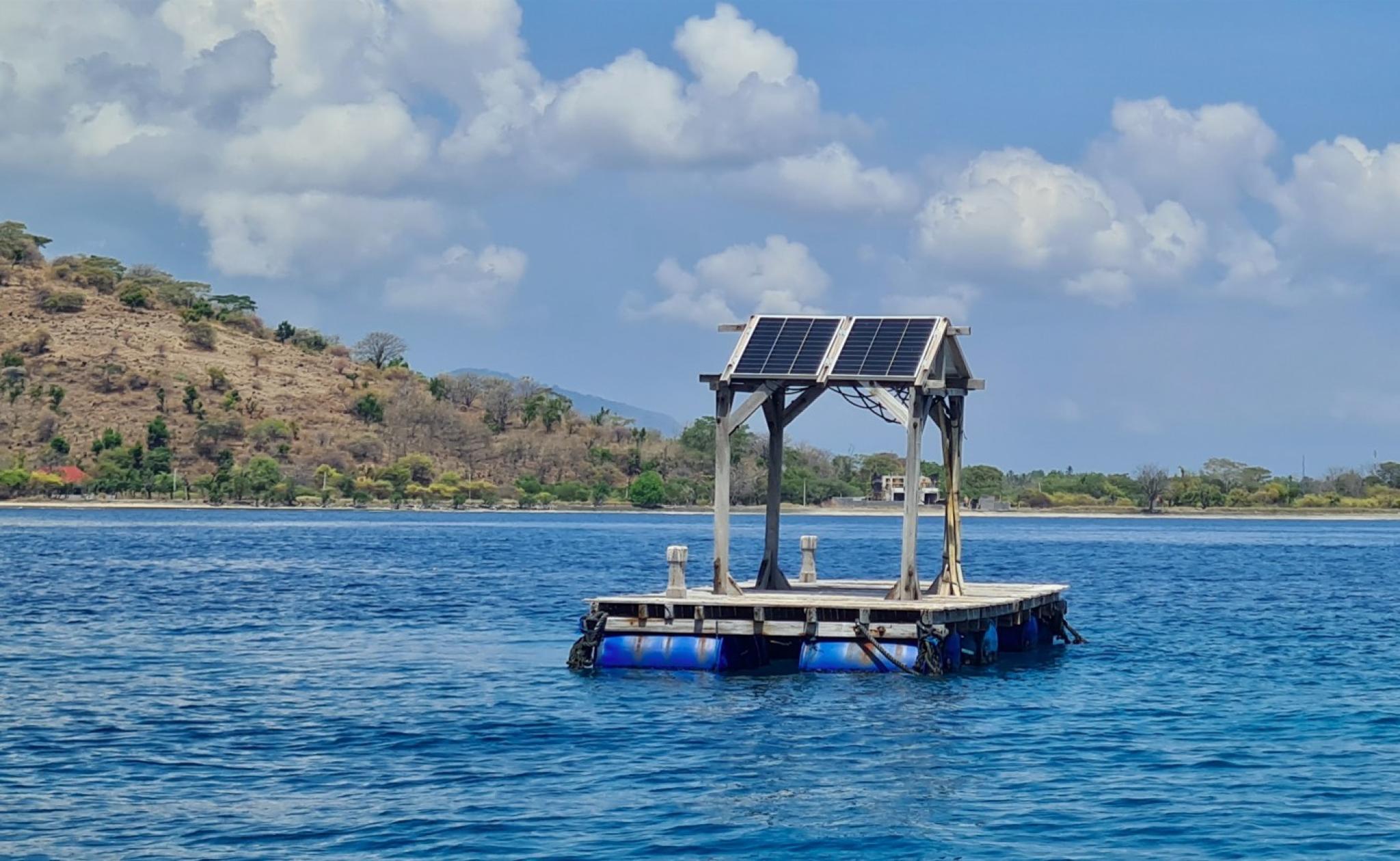Navigating Climate Change in Indonesia: Mitigation and Adaptation Pathways
Evidence of the harmful impacts of persistent increases in global temperatures—an aspect of climate change driven by carbon emissions—has been well documented. This has spurred a global movement to reduce emissions, aiming to limit the rise in global temperature to 1.5°C above pre-industrial levels. Countries that are major contributors to carbon emissions are under pressure to take action and reduce their emissions.
By the late 2000s, Indonesia had emerged as one of the world’s top ten carbon emitters, drawing global attention during COP 2007 in Bali and prompting calls for stronger climate action. In response, at the 2009 G20 Summit, Indonesia announced its Nationally Determined Contributions (NDC) to reduce emissions below business-as-usual (BAU) projections. The country submitted its first NDC in 2016 and strengthened its commitments with the Enhanced NDC in 2022, pledging to cut emissions by 31.9% independently and up to 43.2% with international support by 2030. Further reinforcing its commitment to climate action, Indonesia set a target to achieve net-zero emissions by 2060.
Indonesia’s commitment to reducing greenhouse gas emissions reflects both global pressures and the government’s recognition that effective emissions management can attract investment while fostering inclusive and equitable economic growth. However, critical questions remain: Can Indonesia successfully meet its carbon reduction targets? Can the country drive economic growth and uphold social justice during this transition? What key challenges must be addressed to achieve these ambitious goals?
The upcoming Indonesia Update conference will explore Indonesia’s approach to tackling climate change, examining both existing and planned mitigation and adaptation strategies. Discussions will assess their impact on society, the environment, and development quality. Sessions will delve into Indonesia’s commitments to reducing carbon emissions through initiatives such as a just clean energy transition and sustainable forest management, as well as adaptation efforts in both rural and urban communities. Additionally, the conference will highlight gender perspectives on emissions and climate resilience, all analyzed through economic, political, governance, and broader societal lenses.
Image: Solar Panels provide low intensity electricity for the artificial reefs below, Bio Wreck Dive Site, Pemuteran, Bali, INDONESIA. flickr.com/photos/berniedup/54010542881/
Convenors
The 2025 Indonesia Update will be convened by Budy P. Resosudarmo and Ida Aju Pradnja Resosudarmo
Program
A draft program will be released in June 2025.
Registration
Registration will open in June 2025.
About the Indonesia Update
The Indonesia Update is the largest annual conference on Indonesian society outside of Indonesia and dates back to 1983. Held in September, it is organised by the ANU Indonesia Project in collaboration with the ANU Department of Political and Social Change.
The Indonesia Updates are designed to provide comprehensive overviews of developments in Indonesia and to present wide-ranging discussions on a theme of particular interest each year. They cater to an audience that includes government officials, academics, teachers, members of business and non-government organisations, students and others. Each year, an expert group of speakers from Indonesia, Australia and elsewhere is assembled. The Indonesia Update is structured to encourage discussion and questions from the audience.
The Update proceedings will appear in the Indonesia Update series. Since 1994, the proceedings have been published by the Institute of Southeast Asian Studies, Singapore, in collaboration with The Australian National University.
